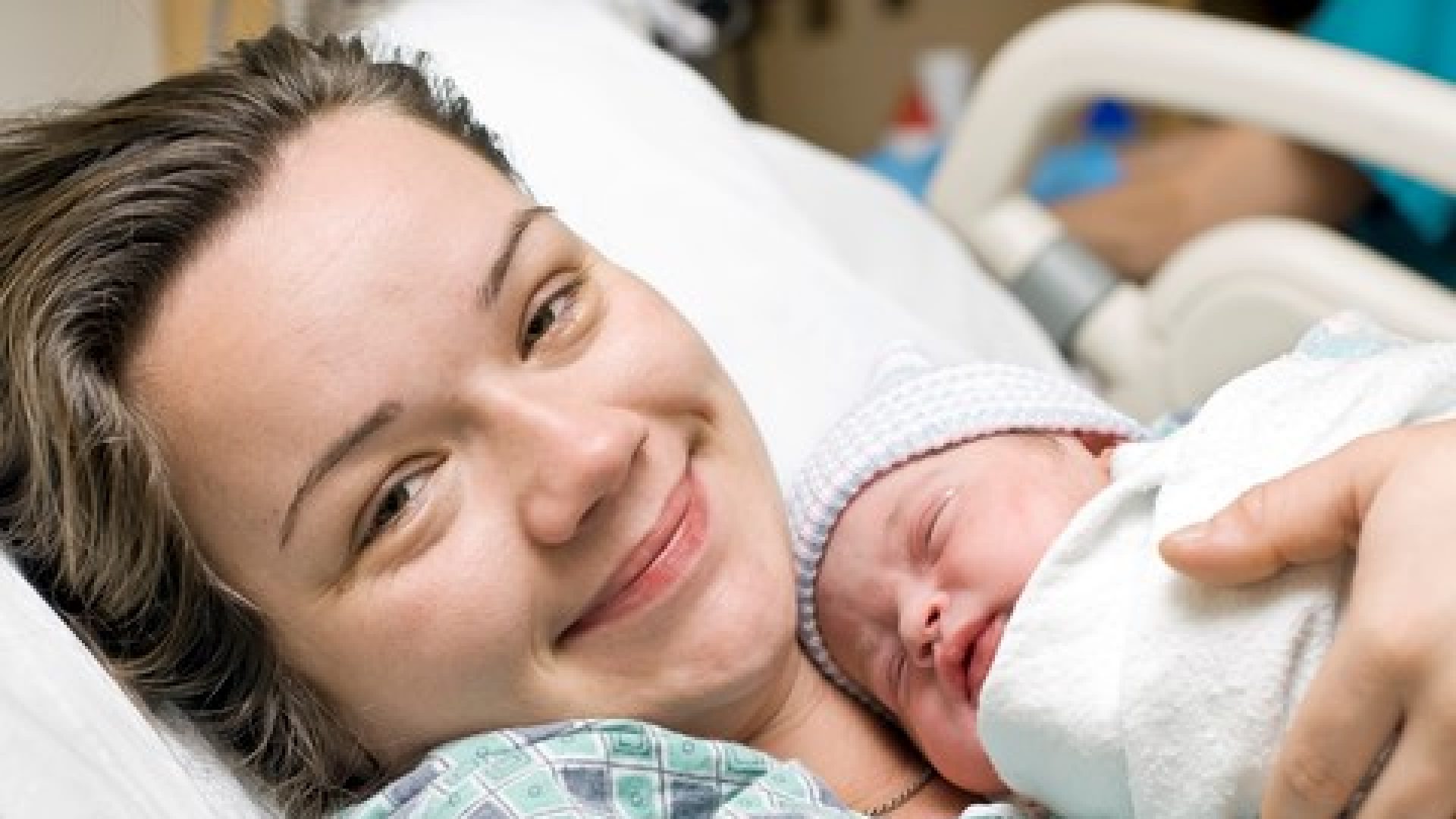Clinical studies have shown that the Ariosa Harmony™ Prenatal Test has exceptional accuracy for detecting fetal trisomy.
A “high risk” result is indicative of a high risk for a trisomy. The test identifies more than 99% of fetuses with trisomy 21, 98% of fetuses with trisomy 18, and 80% of fetuses with trisomy 13. After the test, the number of women with high-risk results where a CVS or an amniocentesis is strongly recommended is less than 1%.
If the test results show there is a high risk that the fetus has trisomy 21, 18 or 13, it does not mean that the fetus definitely has the conditions, although it is highly likely. For this reason, in the event of a ‘high risk’ (or positive) result, follow-up testing by an invasive procedure is recommended.
In the same way if the test results show that there is a “low risk” that the fetus has trisomy 21, 18 or 13, it is unlikely that the fetus has one of these conditions. However, there is a very small risk that not all trisomy fetuses will be detected.
All results should be interpreted by a clinician. Patients should continue with their usual scan appointments following testing.
